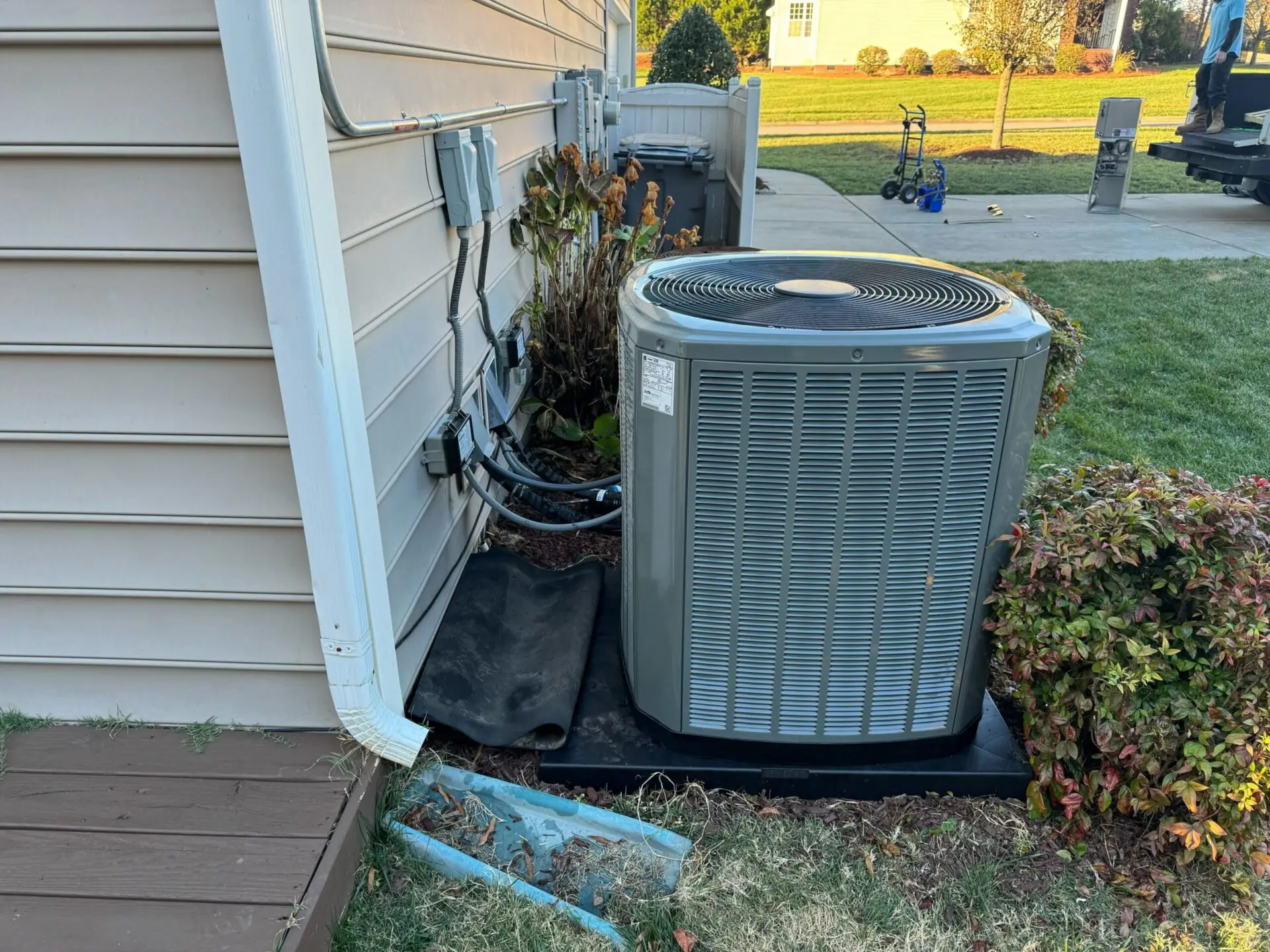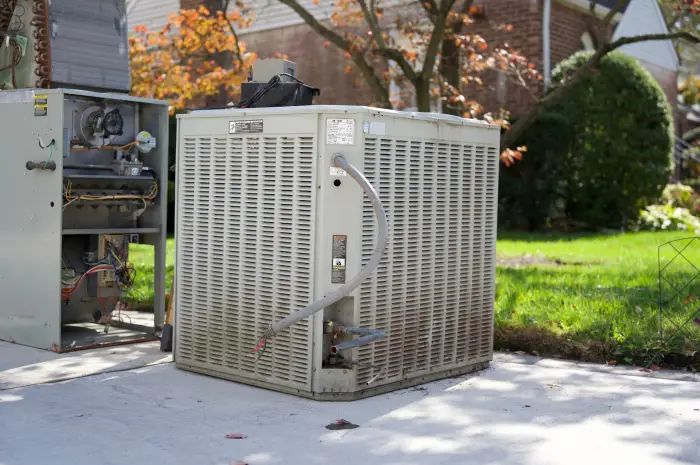Why DIY HVAC Maintenance Matters
Keeping your HVAC system in good shape isn’t just about comfort; it’s about efficiency and cost savings too. Regular maintenance can prolong the life of your unit, reduce energy bills, and prevent unexpected breakdowns. But not all tasks require a professional’s touch. Here’s a look at what you can handle on your own and when it’s best to call in an expert.
DIY HVAC Maintenance Tasks You Can Handle
1. Changing Air Filters
One of the simplest yet most crucial tasks is changing the air filters. Dirty filters can impede airflow, making your system work harder and less efficiently. Aim to change them every 1-3 months, depending on your usage and the type of filter you have.
2. Cleaning the Outdoor Unit
Over time, debris like leaves, dirt, and grass can accumulate around your outdoor unit, reducing its efficiency. Every few months, take a garden hose and gently wash away the debris. Ensure the unit is off before you start cleaning.
3. Inspecting and Cleaning Ductwork
Check your ductwork for visible signs of dust and debris. You can clean reachable areas with a vacuum. Additionally, ensure that all registers and vents are free of obstructions like furniture or drapes.
4. Checking the Thermostat
Ensure your thermostat is working correctly and has fresh batteries if it’s a battery-powered unit. Consider upgrading to a programmable thermostat for better energy management.
5. Clearing Drain Lines
HVAC systems often have drain lines that can become clogged with algae or debris. Periodically, flush the drain lines with a solution of bleach and water to prevent blockages and backups.
When to Call a Professional
While DIY maintenance is great for routine care, some tasks require a professional’s expertise, like ATTYX. Here are situations where you should definitely call in a pro:
1. Strange Noises or Odors
If you notice unusual noises (like grinding or squealing) or strange odors coming from your HVAC system, it’s time to call a professional. These can indicate serious issues that require specialized tools and knowledge to diagnose and fix.
2. Frequent Cycling
If your system frequently turns on and off, it may be an indicator of a bigger problem. A professional can determine if it’s an issue with the thermostat, wiring, or another component.
3. Inconsistent Temperatures
If some rooms are significantly warmer or cooler than others, it could be due to ductwork issues or an improperly sized system. A professional can assess and address these problems.
4. High Energy Bills
A sudden spike in your energy bills could signal that your HVAC system is running inefficiently. A pro can perform a thorough inspection and tune-up to get things back on track.
5. Regular Professional Inspections
Even if everything seems fine, it’s wise to schedule a professional inspection at least once a year. A professional can catch potential problems early and ensure your system is running optimally.
Professional HVAC Repair and Maintenance Tips
When you do need to call in the pros, here are a few tips to ensure you’re getting the best service:
- Check Credentials: Ensure the technician is licensed and insured.
- Read Reviews: Look up reviews and ask for references to ensure quality service.
- Get Multiple Quotes: Don’t hesitate to get a few quotes to ensure you’re getting a fair price.
- Ask About Maintenance Plans: Many HVAC companies offer maintenance plans that can save you money in the long run.
Maintaining your HVAC system doesn’t have to be overwhelming. By taking care of simple tasks like changing filters and cleaning the unit, you can keep your system running efficiently. However, knowing when to call a professional is equally important. Strange noises, high energy bills, and inconsistent temperatures are all signs that it’s time to bring in an expert.
Regular maintenance, both DIY and professional, will not only extend the life of your HVAC system but also ensure your home stays comfortable year-round. So, roll up your sleeves for the simple tasks, and don’t hesitate to call a pro when needed. Your HVAC system—and your wallet—will thank you.





